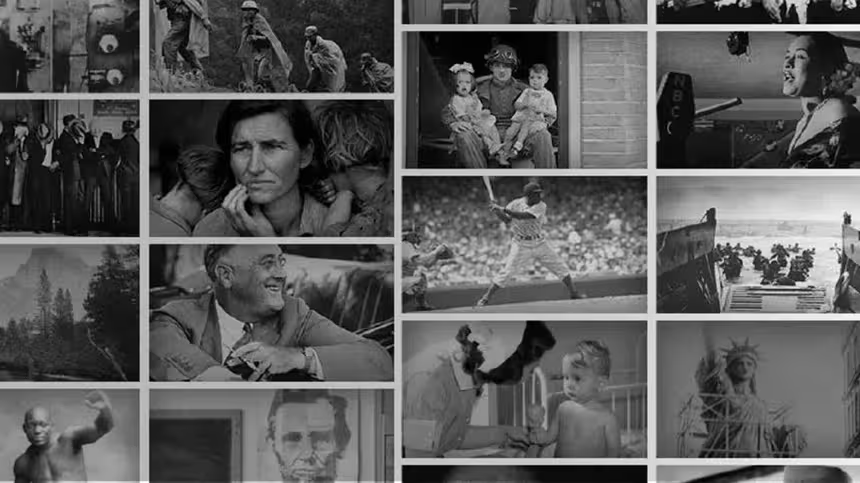
The Ken Burns Collection
Explore the films of Ken Burns and his collaborators, with interactives, timelines, behind-the-scenes interviews and more.Providing Support for PBS.org
Learn Moreabout PBS online sponsorship
Providing Support for PBS.org
Learn Moreabout PBS online sponsorship